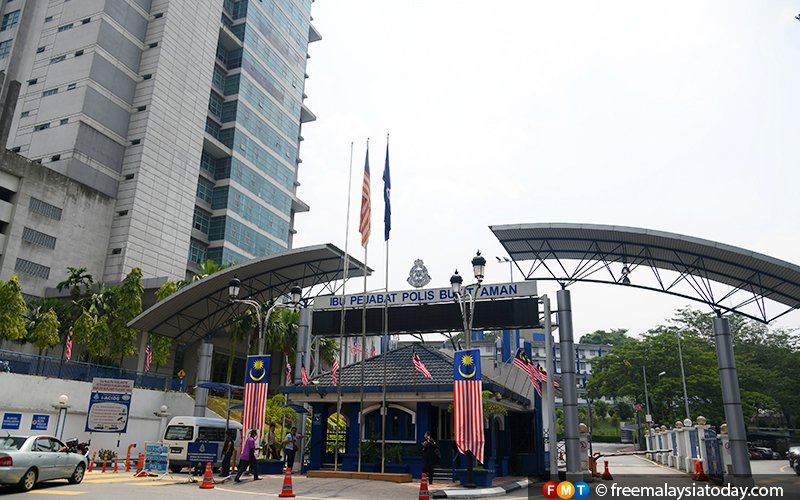KUALA LUMPUR: The police believe the frozen meat cartel which allegedly used fake halal labels involves a wide network, masterminded by local and foreign syndicates, says Bukit Aman Criminal Investigation Department director Huzir Mohamed.
He said this was based on the volume and value of the seizures made prior to this.
“Investigations into the activity are being conducted under Section 505 (b) of the Penal Code for causing fear or alarm to the public.
“In addition, the investigation includes those involved in the acquisition, storage, processing, smuggling, as well as those who manipulate, conspire and bring in the frozen meat through the Approved Permit (AP),” he said in a statement.
Huzir said the police had so far received 13 reports from the public, who were upset following the raid on a warehouse in Senai, Johor, and revelations by the press about companies importing non-certified meat before re-packaging them as halal beef for the local market.
“The police view this seriously and are committed to overcoming the issue with the cooperation of agencies such as the domestic trade and consumer affairs ministry, the Department of Veterinary Services (DVS), the Department of Malaysian Quarantine Inspection Services and the Customs Department,” he said.
He said the syndicate should be brought to justice as it had caused concern among Malaysians and touched on sensitive aspects of Islam.
“The syndicate has also caused dissatisfaction and threatened the peace in the country due to the deceptive actions of the irresponsible parties, which also tarnishes the country’s image as a halal hub and has a big impact on the country’s economy,” he said.
The media had previously reported that a local cartel had been smuggling frozen meat from China, Ukraine, Brazil and Argentina before repackaging it using the ‘Halal’ logo at a warehouse in Senai, Johor.

